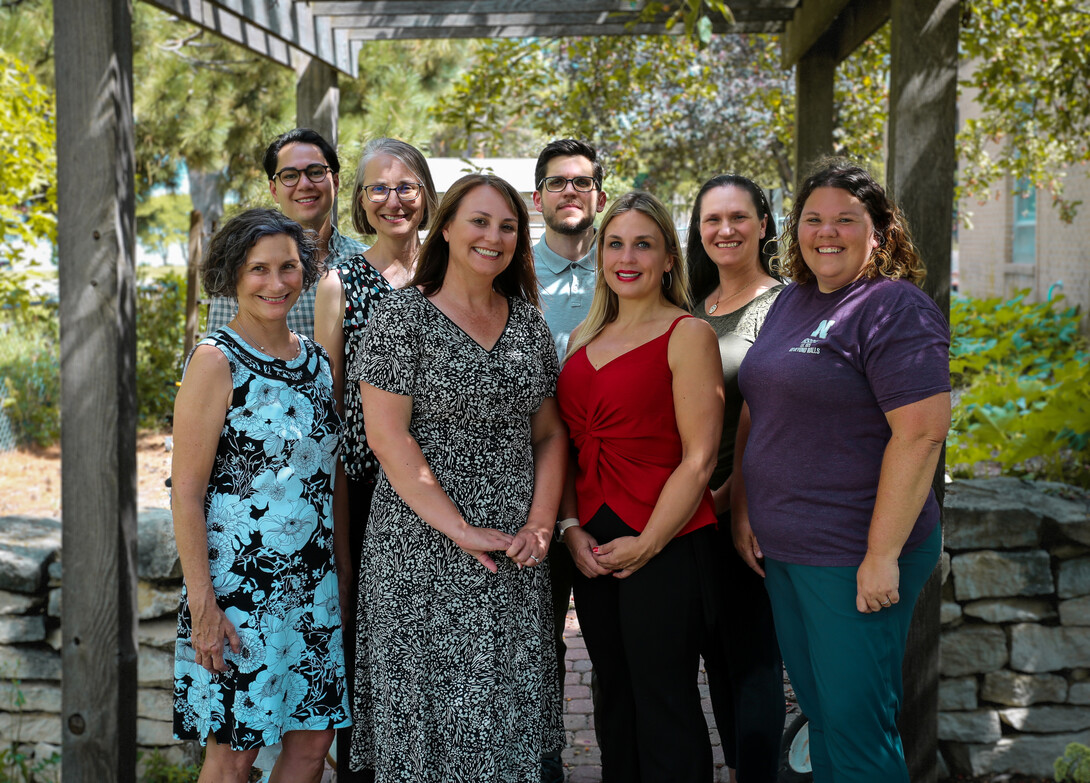
Associate Professor Sarah Karle leads one of the teams awarded a Grand Challenges Catalyst Award for their project entitled “Transforming Environments: Promoting Children’s Health, Development and Learning Indoors, Outdoors and Beyond.” This project aspires to create green spaces and physical environments that promote healthy development, especially for youth in under-resourced communities.
Increasing studies suggest that physical environments — especially green spaces — are essential to young children’s health and well-being. But even in Nebraska, with its abundance of open spaces, there are disparities in who has access to the natural world for play and exploration. In low-income communities, for example, “built” environments are often more prevalent than green spaces.
Led by cognitive development expert Anne Schutte and landscape architect Sarah Karle, the project team aspires for every Nebraska child to have access to green spaces and environments that promote healthy development, especially in early childhood education and care settings. Many studies suggest that green-space exposure may lead to better outcomes for young children, including improved attentiveness, memory and emotional well-being.
The interdisciplinary team will establish a comprehensive community-based research program that integrates design, developmental science and educational outcomes to enhance children’s daily environments. Using behavioral and physiological measures, plus neuroimaging, researchers will assess how physical environments impact development and well-being.
Leveraging Nebraska Extension’s leadership in addressing complex issues at the local, state and national levels, the team will co-create solutions for Nebraska communities to enhance, improve and create healthy environments for young children and their caregivers. Working with the Early Childhood Health Outdoors program, the team will develop professional development resources to help educators incorporate green spaces — especially in communities with fewer resources. Researchers also will create experiential learning opportunities for College of Architecture students to learn how to design healthy indoor and outdoor environments, drawing upon research findings in psychology, architecture and education.
Pictured above: The team consists includes (front row, from left) Julia Torquati, professor of child, youth and family studies; Sarah Karle, associate professor of landscape architecture; Holly Hatton, assistant professor of child, youth and family studies; and Jennifer Leeper Miller, director of the Ruth Staples Child Development Lab; (back row, from left) Salvador Lindquist, assistant professor of landscape architecture; Anne Schutte, associate professor of psychology; Nicholas Hubbard, assistant professor of psychology; and Katie Krause, Extension educator.




